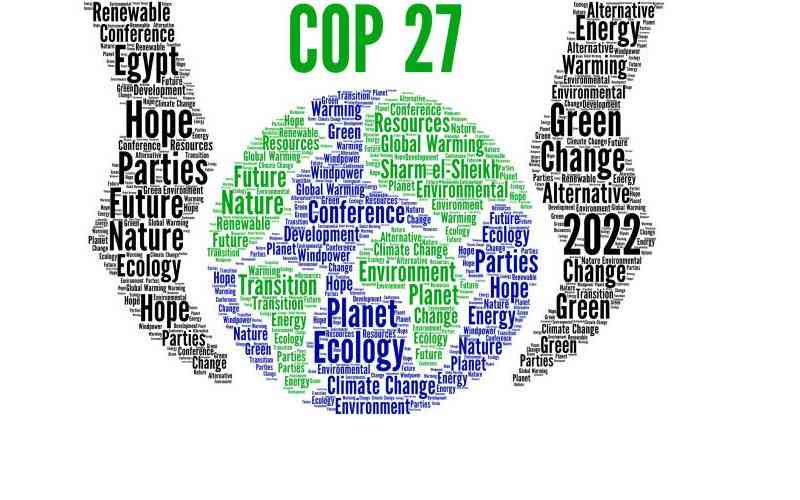×
The Standard e-Paper
Fearless, Trusted News

The upcoming COP27 in Egypt next week comes at the end of a tough year marked by extreme weather events in Africa.
Climate experts have, therefore, called for strong negotiations and evidence-based science in the discussions on global warming.